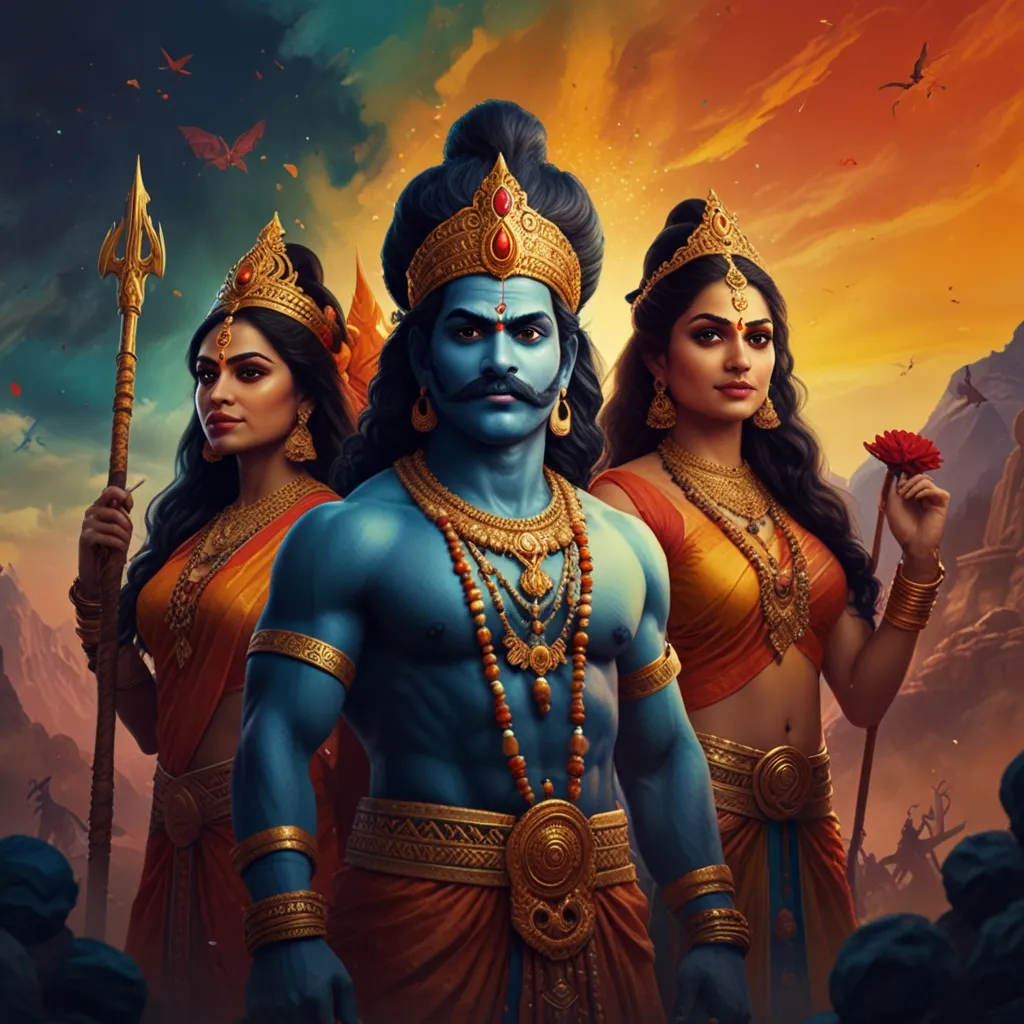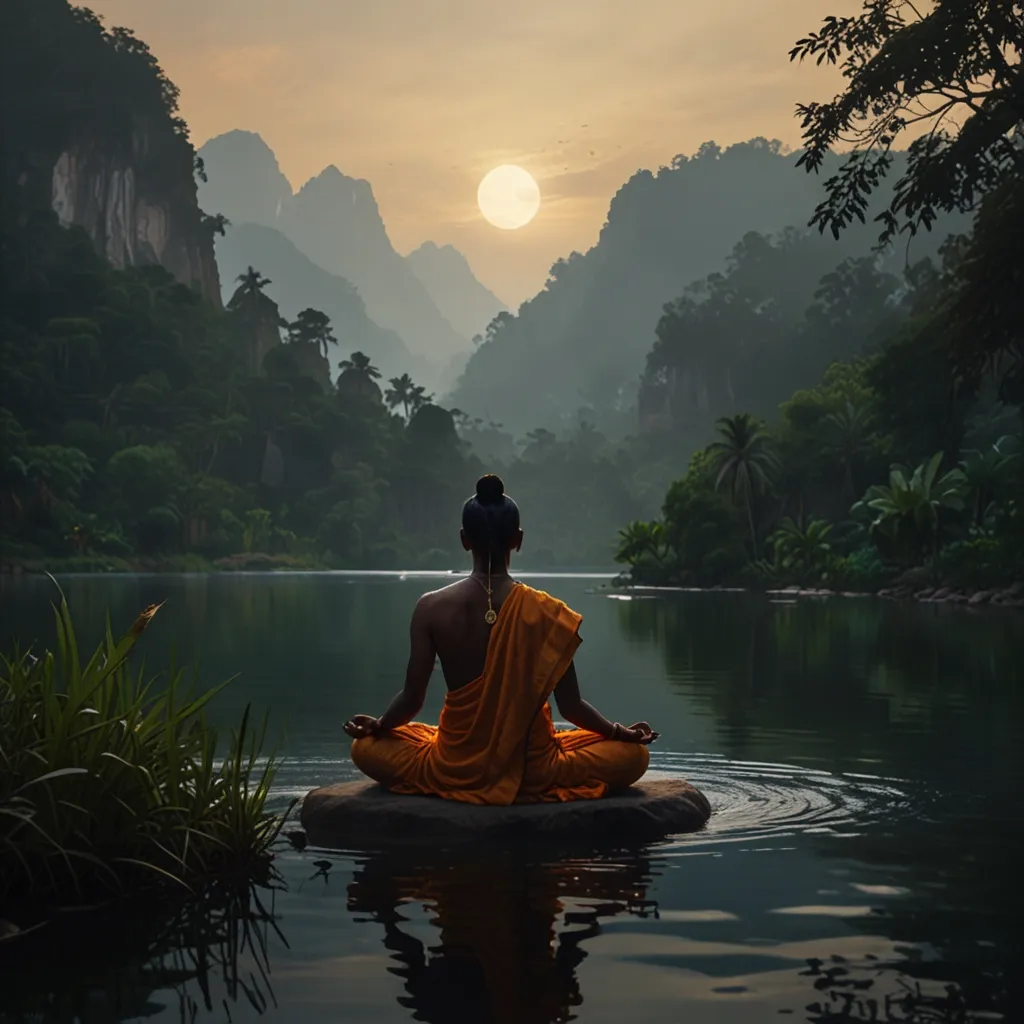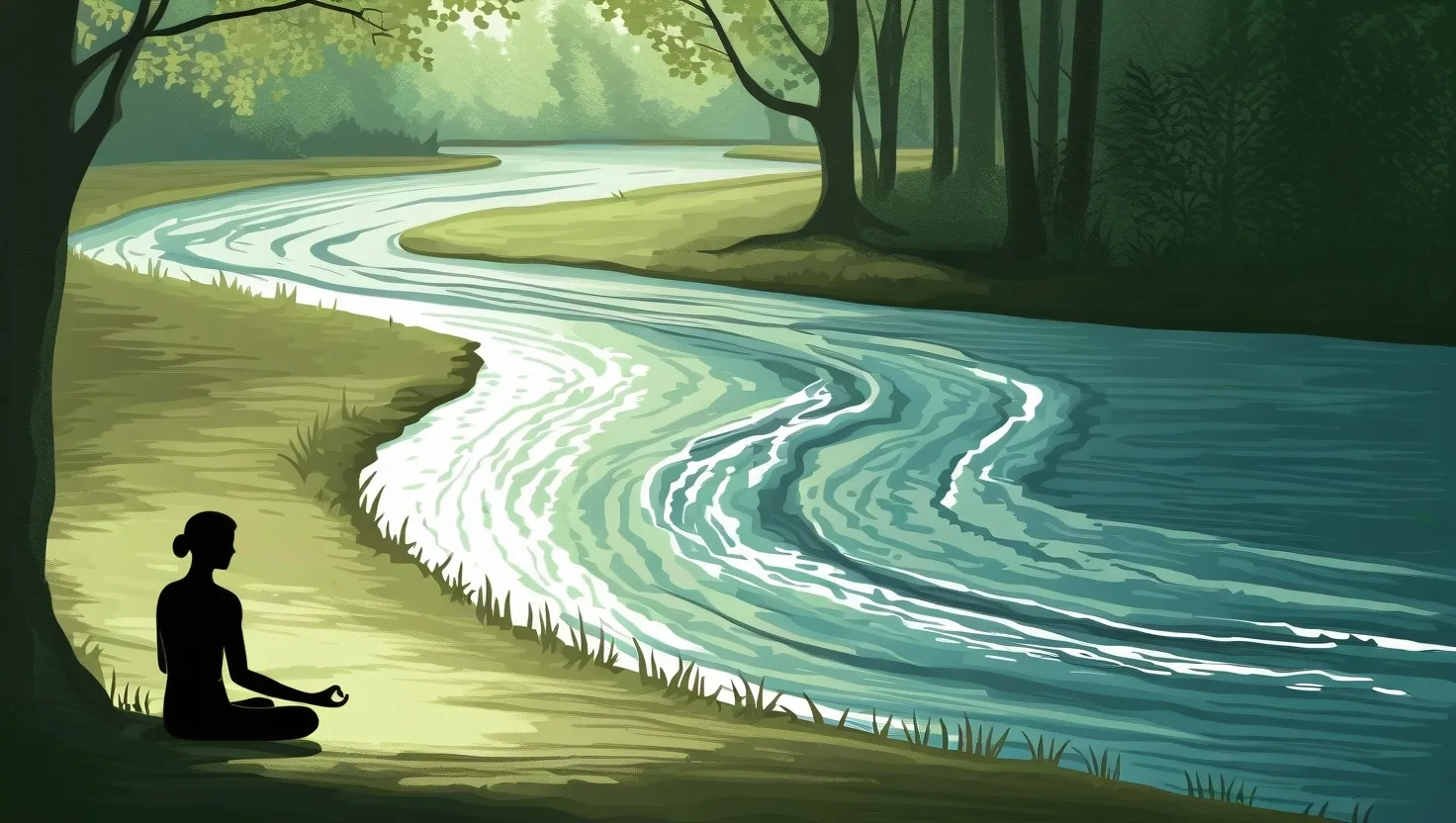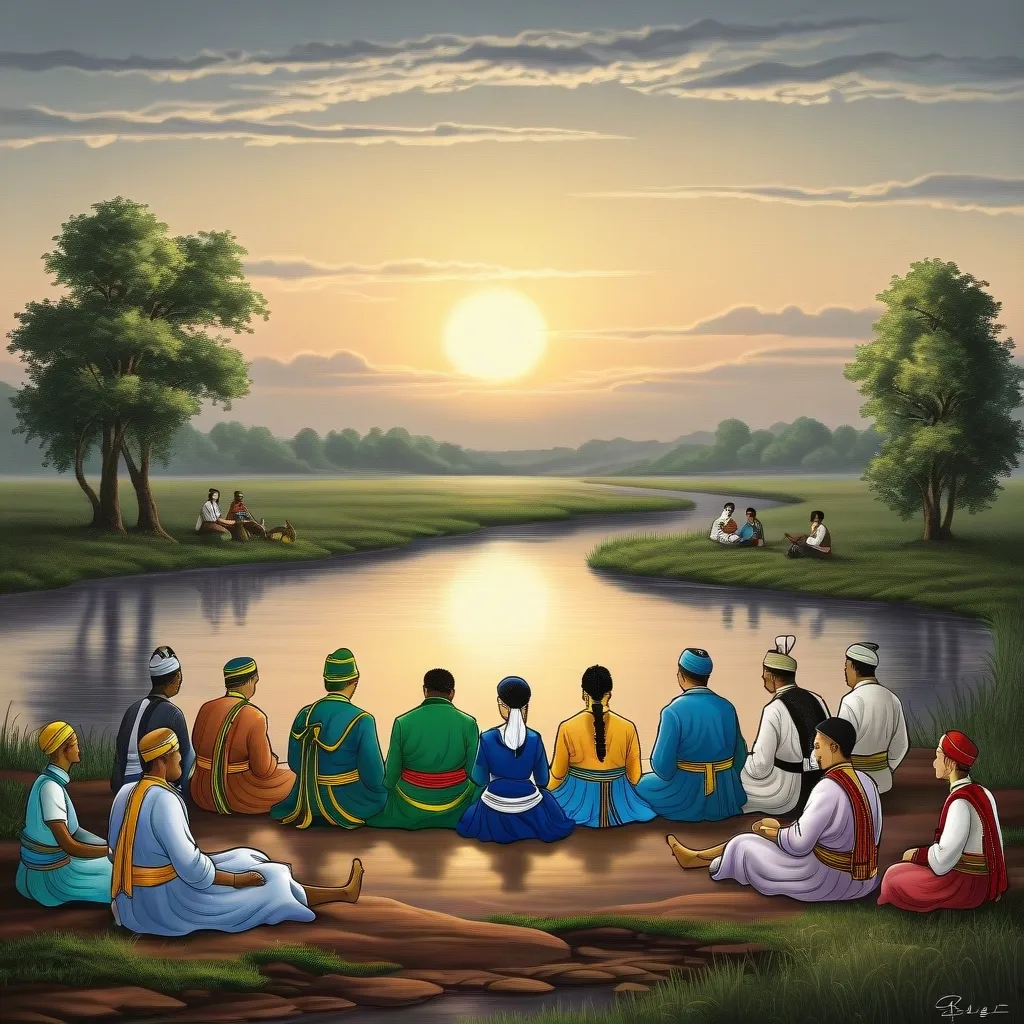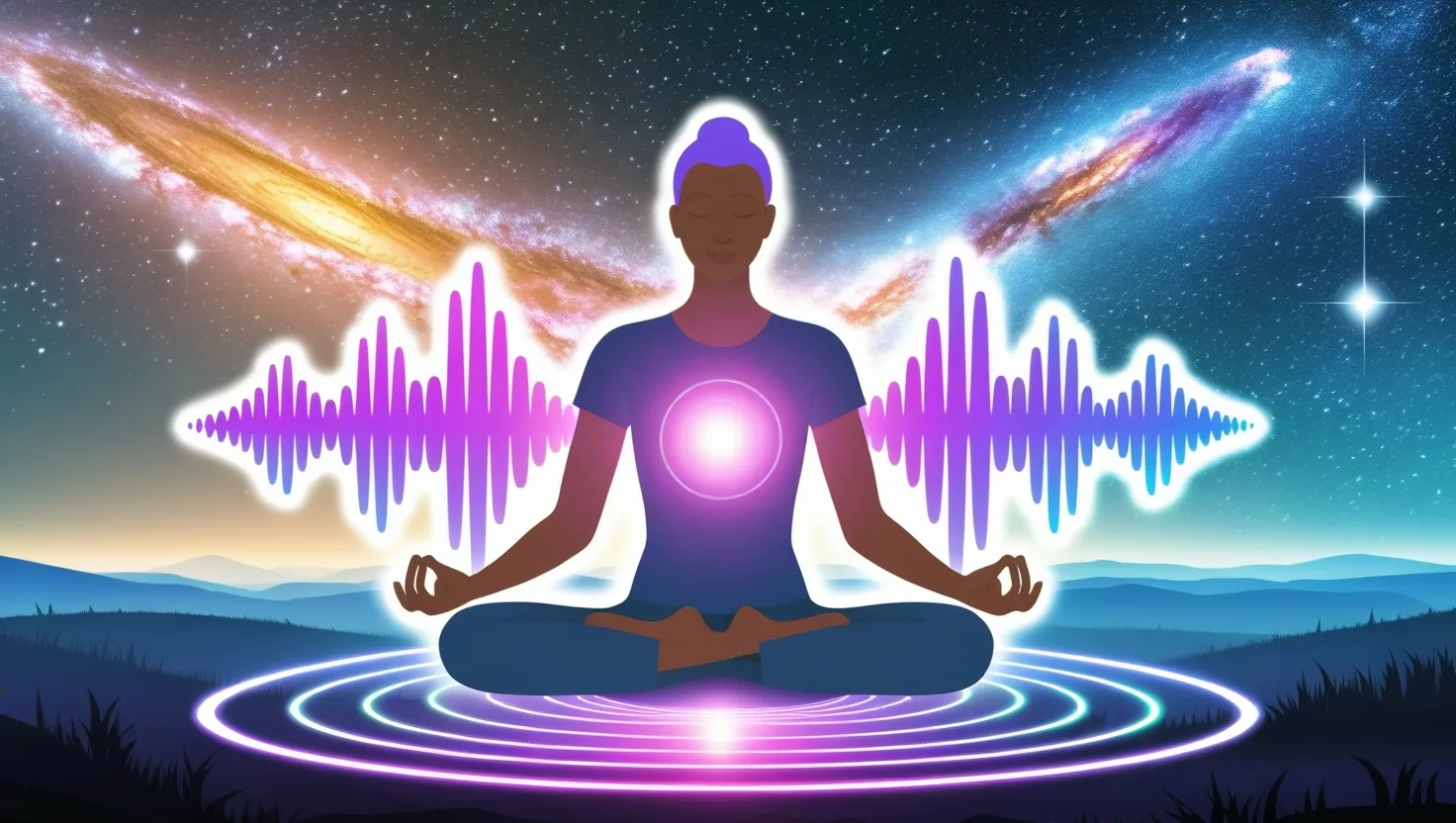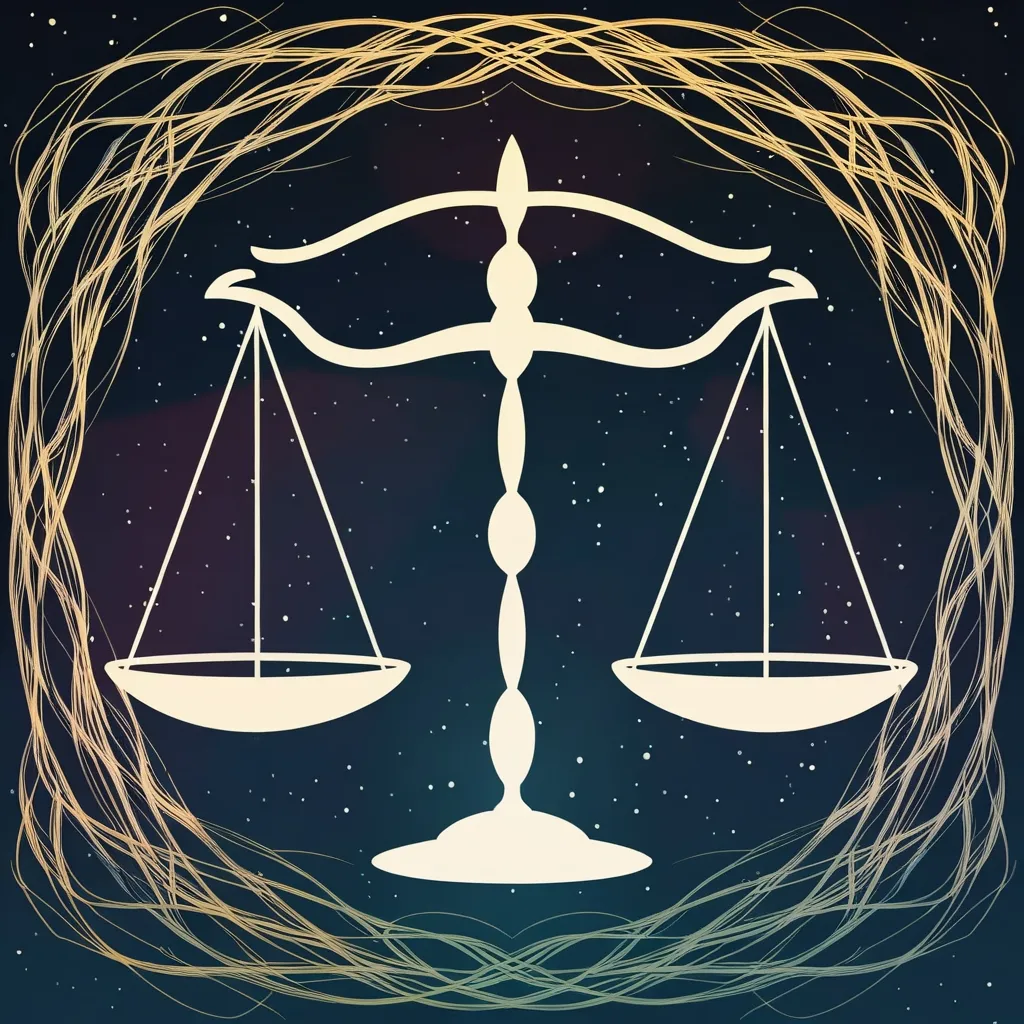Hindu mythology is like a goldmine of epic tales that have fascinated people for ages. Overflowing with gods, goddesses, heroes, and villains, these stories aren’t merely old myths; they’re grand narratives that have shaped beliefs and continue to influence modern storytelling in big ways. Let’s check out how these ancient tales keep inspiring today’s narratives.
Think about Hindu mythology as an epic journey rather than just myths. That’s a big deal because epics are these beautiful, grand stories about legendary heroes and their adventures. Two of the most famous ones are the Ramayana and the Mahabharata. The Ramayana is all about Prince Rama - his exile, his struggles, and his eventual victory over the demon king Ravana. On the other hand, the Mahabharata takes us on a vast adventure exploring duty, loyalty, and the eternal battle between good and evil through the saga of the Pandavas and Kauravas.
These stories aren’t set in stone. Writers today are giving them a fresh spin, often with new perspectives, including feminist viewpoints. For instance, modern takes on the Ramayana are focusing more on Sita, Rama’s wife, providing a richer, more nuanced look at her character. These new interpretations make the age-old tales feel more relatable and relevant.
The impact of Hindu mythology on emotional storytelling today is huge. These tales dive deep into emotions and tough moral questions. Take the Bhagavad Gita, part of the Mahabharata, which digs into Arjuna’s moral crisis during a battle, shedding light on duty, morality, and the nature of conflict. Such themes echo even in today’s world as readers struggle with their own ethical dilemmas.
Hindu mythology isn’t just a thing of the past; it’s woven into the fabric of Indian culture. Festivals like Diwali, which celebrates Rama’s return to Ayodhya, still light up lives today. These stories influence art, literature, and daily practices, keeping their lessons and values alive and kicking.
One cool thing about Hindu mythology is its diversity. The stories range from cosmic creations to personal struggles of gods and mortals. This variety makes the myths universally appealing. Whether it’s Krishna’s divine love or Kali’s fierce nature, there’s a narrative that resonates with everyone.
Lately, there’s been a boom in retelling these myths through various media like comics, novels, and films. These adaptations refresh the old stories and make them accessible to wider audiences. Graphic novels like “Amar Chitra Katha” nail it with engaging and well-researched retellings.
Beyond just stories, Hindu mythology throws in deep philosophical insights. The Upanishads and the Bhagavad Gita offer profound thoughts on reality, duty, and salvation. These timeless themes continue to inspire modern thinkers, providing a roadmap to navigate the complexities of life.
Hindu mythology hits home because it deals with universal human experiences such as love, loss, and the fight for justice. These narratives make readers feel connected, turning ancient tales into personal stories that resonate on a deeper level.
Moreover, Hindu mythology has spilled over into other cultures and religions, creating a rich blend of cultural exchange. These shared stories have influenced art, literature, and even festivals around the globe.
To wrap it up, the influence of Hindu mythology on today’s storytelling is vast and layered. Whether through classic retellings or modern twists, these ancient tales continue to inspire and resonate, offering insights into emotions, ethics, and philosophy. Hindu mythology remains a vibrant, relevant part of our cultural mix, enriching modern narratives in wonderful ways.
